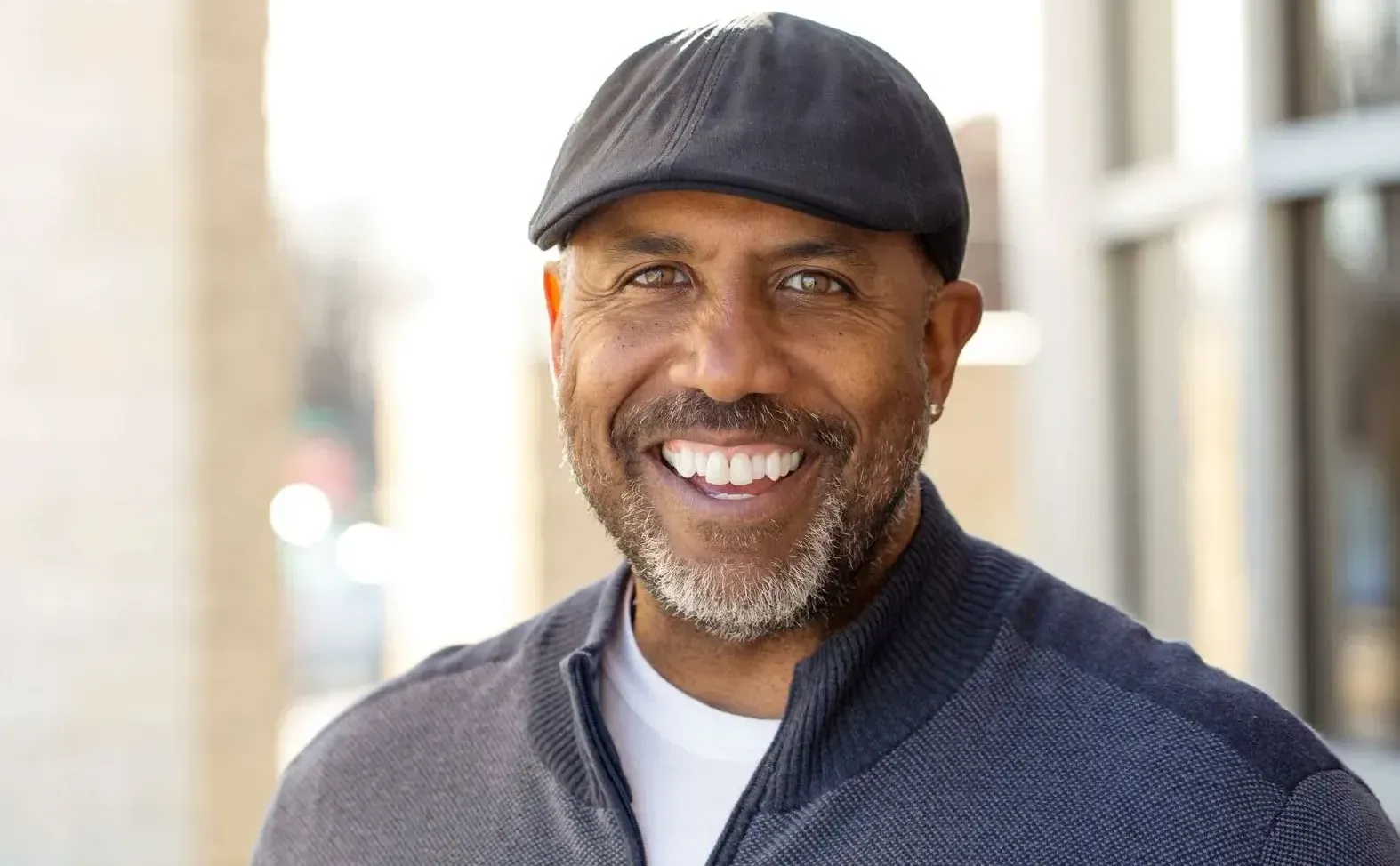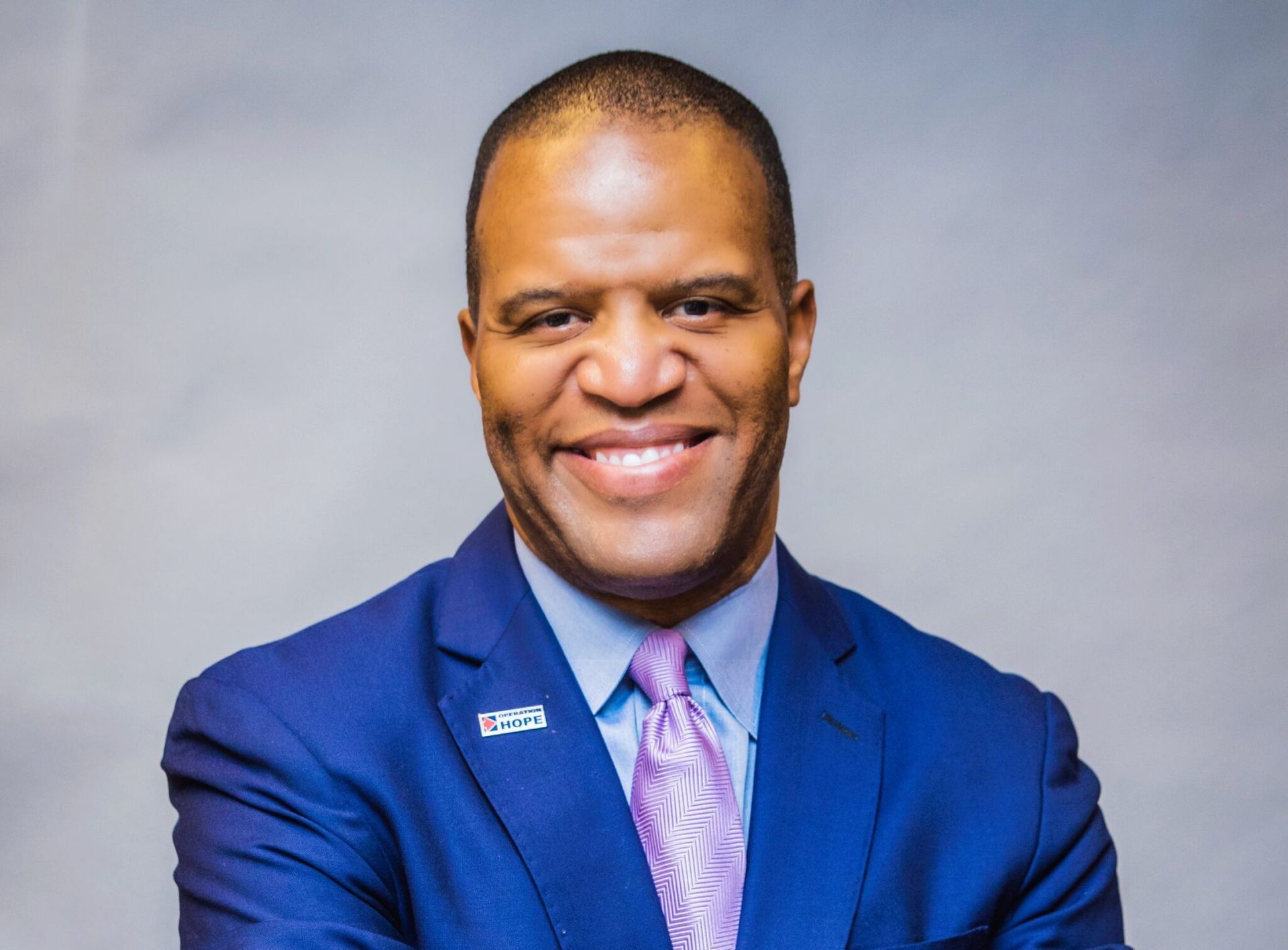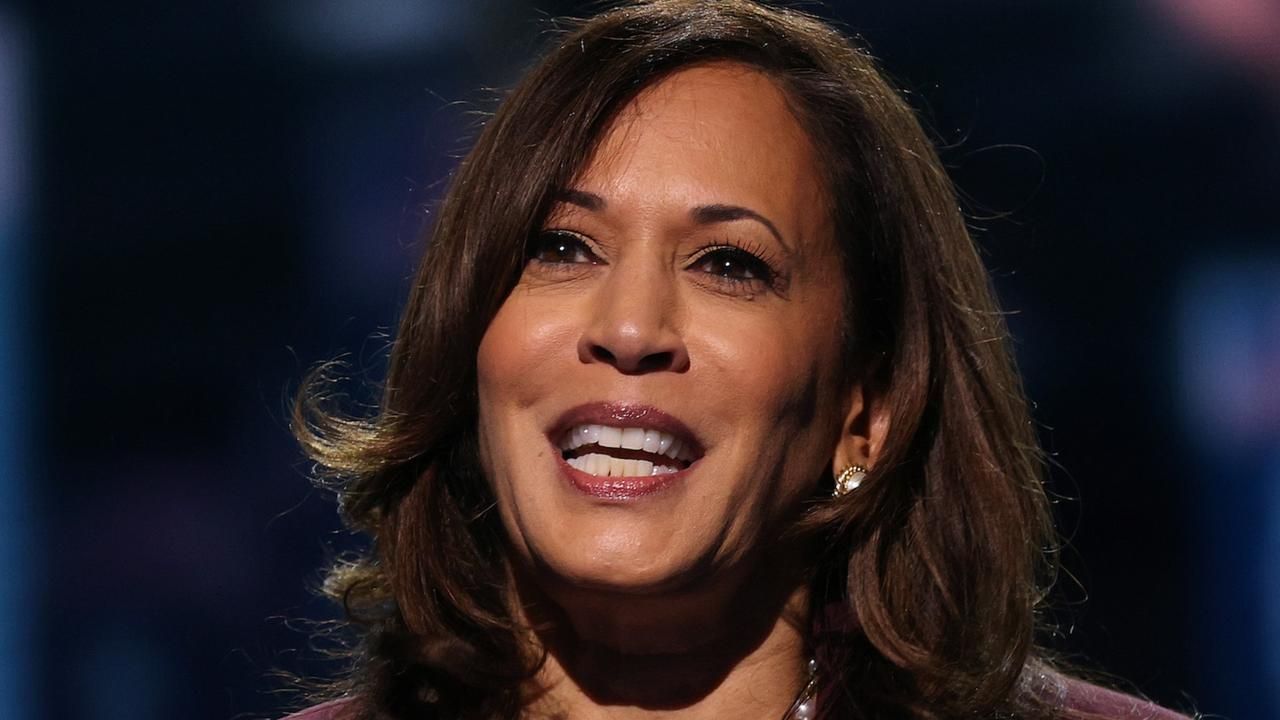11 Strategies for Overcoming Under-Earning

Under-earning, often a result of undervaluing one’s worth, skills, or time, can be a debilitating habit that stands in the way of achieving one's financial and personal potential. Breaking free from this cycle can lead to increased self-esteem, financial freedom, and a more fulfilling professional journey. Here are 11 strategies to address and conquer the habit of habitual under-earning:
1. Self-Awareness is the First Step
Before addressing under-earning, one must recognize it. Monitor your income, track your working hours, and compare your earnings with industry standards. Acknowledging the disparity is essential.
2. Set Clear Financial Goals
Establish clear, measurable financial goals. Whether it’s a desired annual income, a target hourly rate, or a specific project fee, having a number in mind provides a tangible target.
3. Know Your Worth
Research market rates for your profession, skills, and experience. Use platforms like Glassdoor, Payscale, or industry-specific databases to get a clear picture of what you should be earning.
4. Invest in Continuous Learning
Boost your earning potential by staying updated in your field. Attend workshops, get certifications, and consistently upgrade your skills. The more valuable your skillset, the higher your earning potential.
5. Practice Negotiation
Many under-earners shy away from negotiating salaries or fees. Start practicing negotiation skills in low-stakes situations and gradually apply them in professional scenarios.
6. Avoid Overcommitting
Learn to say "no." Taking on too many tasks, especially if they are underpaid, can keep you trapped in the under-earning cycle. Prioritize opportunities that align with your worth.
7. Surround Yourself with Support
Connect with mentors, join professional groups, or find peers who understand your worth and encourage you to break out of under-earning habits. Their support can be invaluable.
8. Diversify Income Streams
Look for alternative income streams. Freelance work, consulting, or even passive income opportunities can supplement your primary income and elevate your overall earnings.
9. Reframe Your Mindset
Under-earning often stems from deep-seated beliefs about money and self-worth. Consider professional coaching or counseling to address and transform any limiting beliefs.
10. Review and Adjust Regularly
Periodically review your earnings and set new benchmarks. As you grow in your profession and gain more experience, your worth increases. Adjust your rates and salary expectations accordingly.
11. Celebrate Small Wins
Every time you successfully negotiate a better rate, land a higher-paying client, or reach a financial goal, celebrate it. This positive reinforcement will motivate you to continue breaking the under-earning cycle.
Breaking the habit of habitual under-earning requires a combination of self-awareness, proactive efforts, and continuous self-improvement. With dedication and the right strategies, it’s entirely possible to redefine your professional worth and achieve the financial success you deserve.











